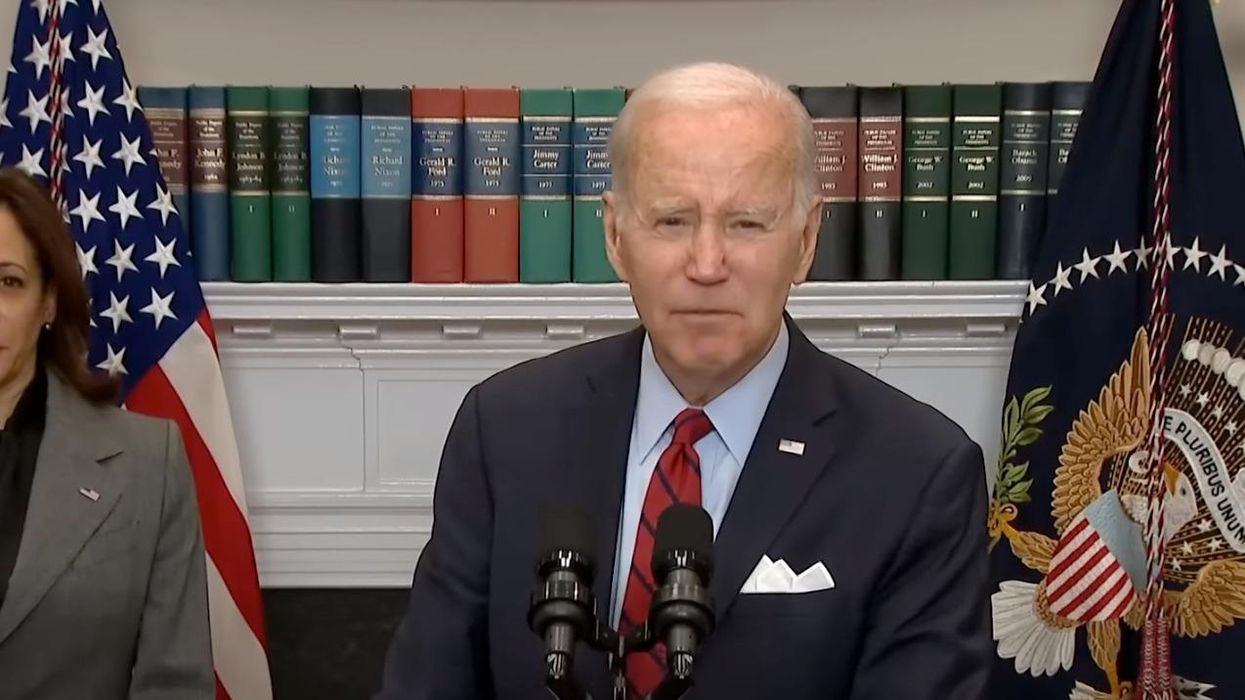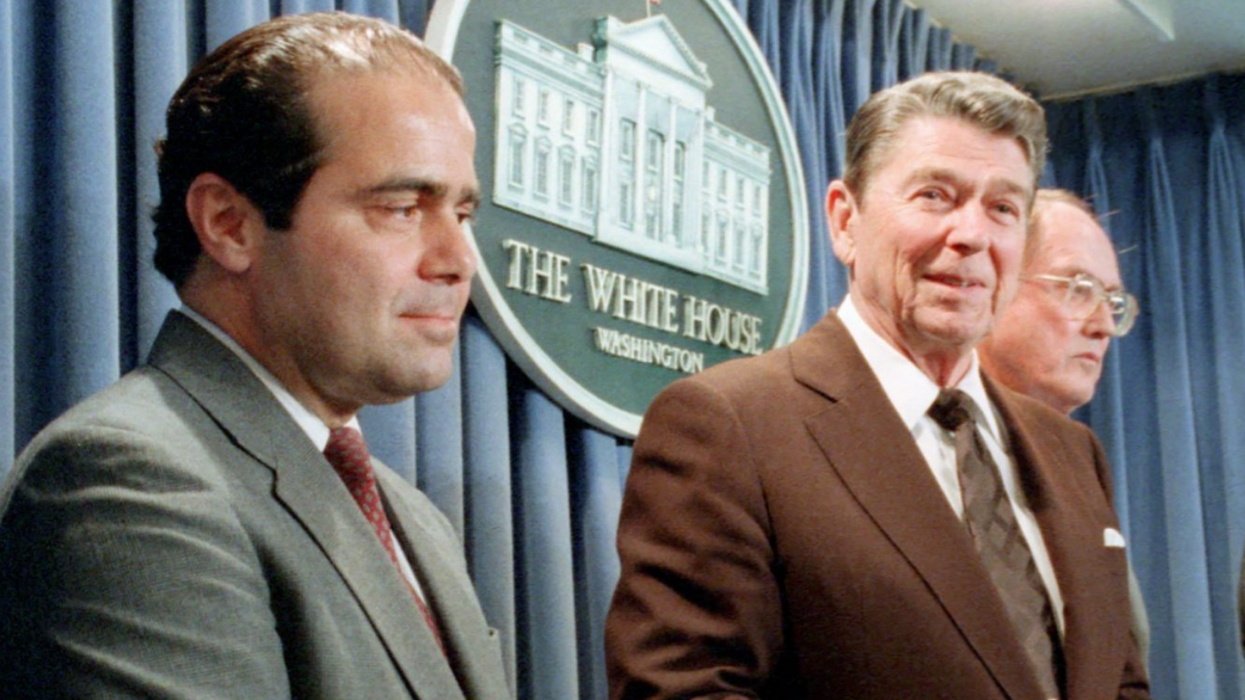Under Biden, More Jobs Created Than Last Three GOP Presidents Combined
The latest jobs report shows that the unemployment rate has also reached a 50-year low.
The Bureau of Labor Statistics on Friday released its jobs report for December 2022, showing that 223,000 jobs were added to the economy, while the unemployment rate has fallen to 3.5 percent.
The new report shows that a total of 10.7 million jobs were added in the first two years of President Joe Biden’s term. By contrast, under the three Republican presidents who preceded Biden — Donald Trump, George W. Bush, and George H.W. Bush — U.S. job production was much slower.
At the conclusion of George H.W. Bush’s four-year presidency in 1993, 2.6 million jobs had been created. During George W. Bush's two terms, between 2001 and 2009, 1.3 million jobs were created; and 3 million jobs were lost during Trump’s single term.
Trump has the worst record on jobs since the Great Depression, and is the only modern president who left office with a negative jobs record. Under Trump, unemployment hit a record high of 14.7 percent in April 2020, and when Biden took office in January 2021, the unemployment rate was 6.3 percent.
Biden’s record is more in line with those of his Democratic predecessors, Barack Obama and Bill Clinton, with 12.5 million and 22.7 million jobs added during their presidential terms, respectively.
The current unemployment rate of 3.5 percent is the lowest since 1969. The bureau's report also showed an increase in employment for workers with disabilities to a level higher than before the COVID-19 pandemic. Unemployment among Black and Hispanic workers also fell.
“Today’s report is great news for our economy and more evidence that my economic plan is working,” Biden said in a statement. “We still have work to do to bring down inflation, and help American families feeling the cost-of-living squeeze. But we are moving in the right direction.”
Biden noted additional actions by his administration designed to help the economy grow, including construction projects underway that are funded under the Infrastructure Investment and Jobs Act. Biden also cited efforts to strengthen supply chains and expand domestic manufacturing with legislation like the CHIPS and Science Act.
“We have more work to do, and we may face setbacks along the way, but it is clear that my economic strategy of growing the economy from the bottom up and middle out is working,” Biden added.
Reprinted with permission from American Independent.




